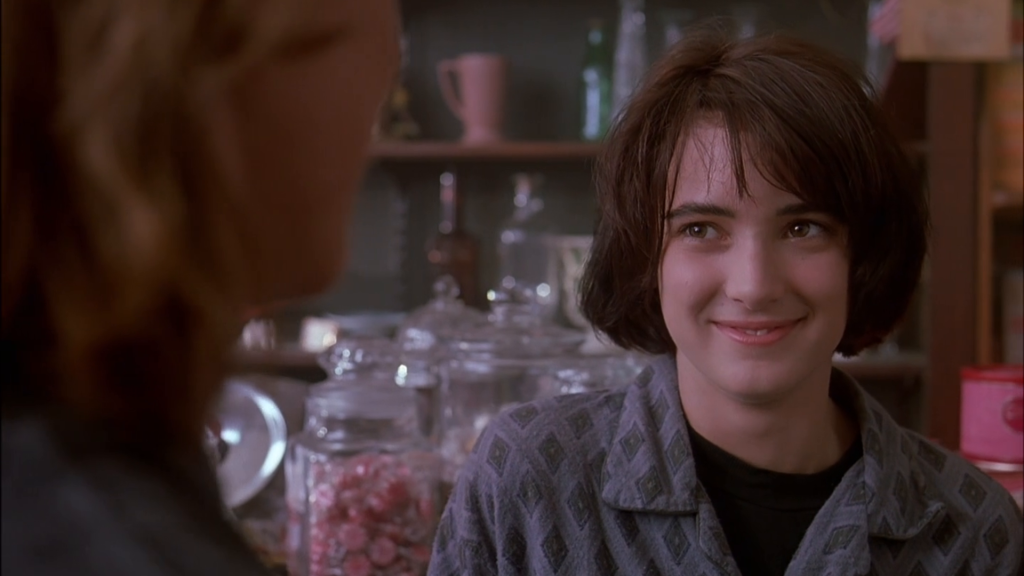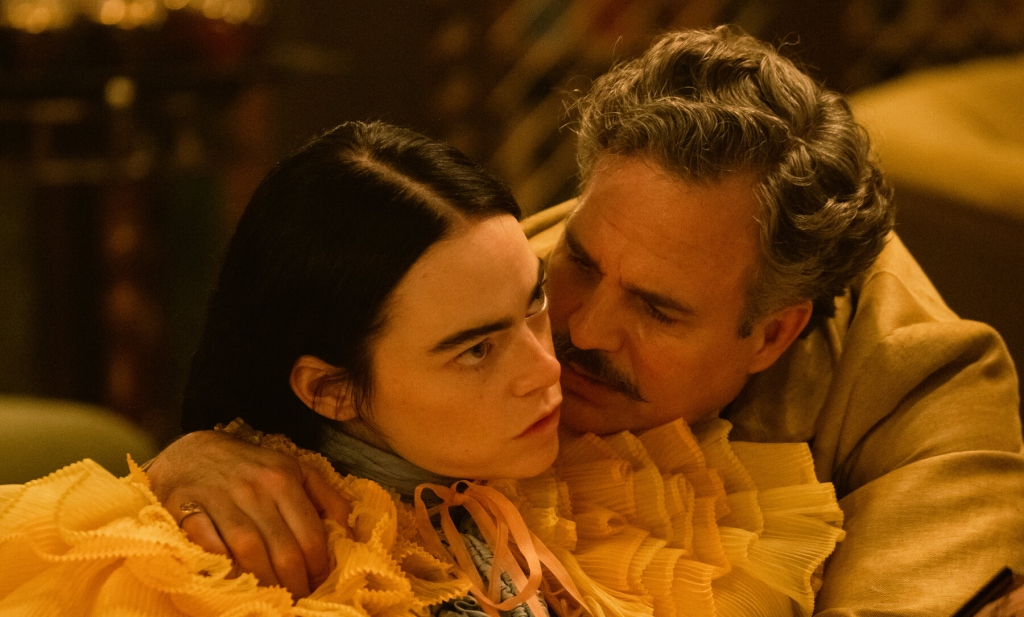
Back in 1992 one of the most pivotal talents in the history of American cinema received a glowing tribute in Richard Attenborough’s earnest biographical picture Chaplin. The biopic has always been a popular genre of film, but it is often a mildly contentious one too. Capture one’s subject too glowingly at the film slides into hagiography. Depict them too critically and the film becomes an unfair hit piece. Stick as closely as possible to the truth, and there is a genuine risk that your story is too dull; life, as we have all experienced; rarely provides a well-crafted three-act structure.
There are three key takeaways from Attenborough’s Chaplin. The most immediate and obvious one is that it is impeccably cast. In the title role, Robert Downey Jr presents a performance that remains his most celebrated today. It is remarkable how deftly he develops a rich, three-dimensional character and duplicates the real Chaplin’s clowning style and sponteneity at the same time. He also plays it over a remarkably broad range of time as well – no small feat for an actor only aged 26 when he filmed it. If it is worth seeing Chaplin – and I believe it is – a large part of that worth comes from its lead actor.
Attenborough also assembled a highly impressive supporting cast, managing not only to cast high profile stars (Anthony Hopkins, Kevin Kline) but also rising talent that proved more famous in the years after Chaplin‘s release (Marisa Tomei, David Duchovny, Milla Jovovich). It seems a cliche to describe a cast as “a literal who’s who”, but this genuinely comes close. It would take three reviews or more to properly appreciate the sum of performances, but it is worth highlighting Kevin Dunn’s excellent J. Edgar Hoover and one of Dan Aykryod’s rare dramatic turns as pioneering filmmaker Mack Sennett.
The second takeaway is that the film has a tremendous production value. While telling something like 70 years of history in England and the USA, it showers the viewer with lavish sets and excellent costuming. This kind of period detail is a major draw for fans of historical drama, and Chaplin certainly does not skimp in this regard. Several of Chaplin’s key film achievements are also remade to strong effect.
Sadly the third observation is that Attenborough overloads his film with portent. It does not endlessly shower Chaplin with praise – indeed his infidelities and serial marriages are firmly placed front-and-centre. Instead it simply treats each event with a surfeit of gravitas: as much weight is placed on the significance of a comedian and filmmaker as Attenborough’s 1982 biopic placed on Mahatma Gandhi. In some sections of the plot this level of importance does feel appropriate, but it is over-applied to the point where extended periods of film feel like a maudlin chore.
When the tone does break, it is like a breath of fresh air. Chaplin’s theft of his The Kid workprint – to avoid losing ownership of it in a divorce proceeding – is played out like one of his own silent comedies. One could not engineer an entire career biopic in this fashion, at least not in a commercially viable way, but as a sudden change in style it is most welcome. More levity, and a tighter structural edit, would have done wonders.
Despite these flaws, Chaplin remains a broadly effective and enjoyable film because of its stunning cast. For fans of Downey Jr it forms one of the critical stages of his career, but frankly for fans of any single member of the ensemble it is a rewarding experience.





Leave a comment